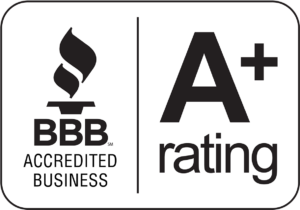Can I use personal funds as a down payment on an investment property that I intend to purchase using my Self-directed IRA?
The short answer is no. Paying for the Earnest Money deposit with personal funds disqualifies the IRA. If the property is being purchased by the IRA, then the initial deposit must be from the IRA.
So what happens if I personally paid the EMD? Can the IRA reimburse me at the final closing?
When a client pays for the Earnest Money deposit with personal funds, that usually means that they’ve also signed the purchase contract and the vesting name of the buyer may not actually in the name of the IRA. If any of these scenarios are the situation you find yourself in, you should contact your custodian immediately.
An amendment to the purchase agreement will be required. The purchase contract and all documents related to the purchase must reflect the IRA as the buyer. The correct Vesting name must include the following:
Preferred Trust Company, LLC FBO John Doe Traditional IRA (account number).
Once the purchase agreement is amended then you will initial the amendment as “Read & Approved” and Preferred Trust Company will sign the amendment as custodian for the IRA as the buyer.
Next, you will need to complete the Investment Authorization and Direction form and indicate on the form the amount of money you personally sent to the Title Company for the EMD. You will need to provide Preferred Trust Company with a copy of the wire instructions for the Title company. Preferred Trust Company will process a payment from your IRA to the Title Company for money you personally paid for the Earnest Money. The Title Company will reimburse you the money you paid once they receive funds from Preferred Trust Company.
You are now compliant and can proceed with the purchase of the property!





